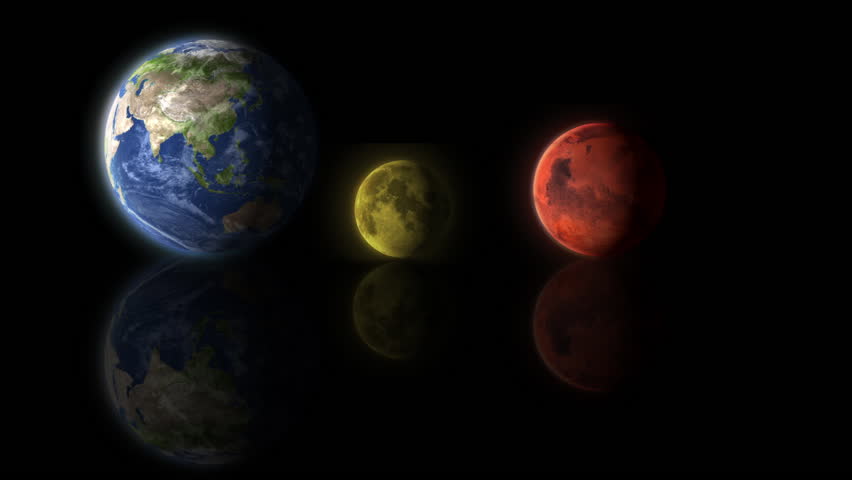
What do you see when you look up into the night sky? Solar systems or ancestors? The man in the moon or a rabbit? Do you look for the ISS, satellites or shooting stars? African American "computers" or spacewalking women? Would you brave 4 million pounds of TNT under your seat for the chance to admire Earth from orbit? Or do you rather think of alien invasions and epic space battles?
Perhaps you wonder with Becky Chambers "How can anyone be expected to care about the questions of worlds above when the questions of the world you're stuck on - those most vital criteria of home and heath and safety - remain unanswered?" (To Be Taught If Fortunate (2019):238)
Humans have a long history of both imagining and exploring "Space". This course aims to trace how Americans have constructed and claimed space for political, ideological and other reasons, how space has inspired writers and filmmakers alike to turn it into a stage for utopian and dystopian views of contemporary and future societies, and how those visions of space and space exploration raise our most essential cultural question:
What does it mean to be Human?
- Dozent/in: Anette Brauer